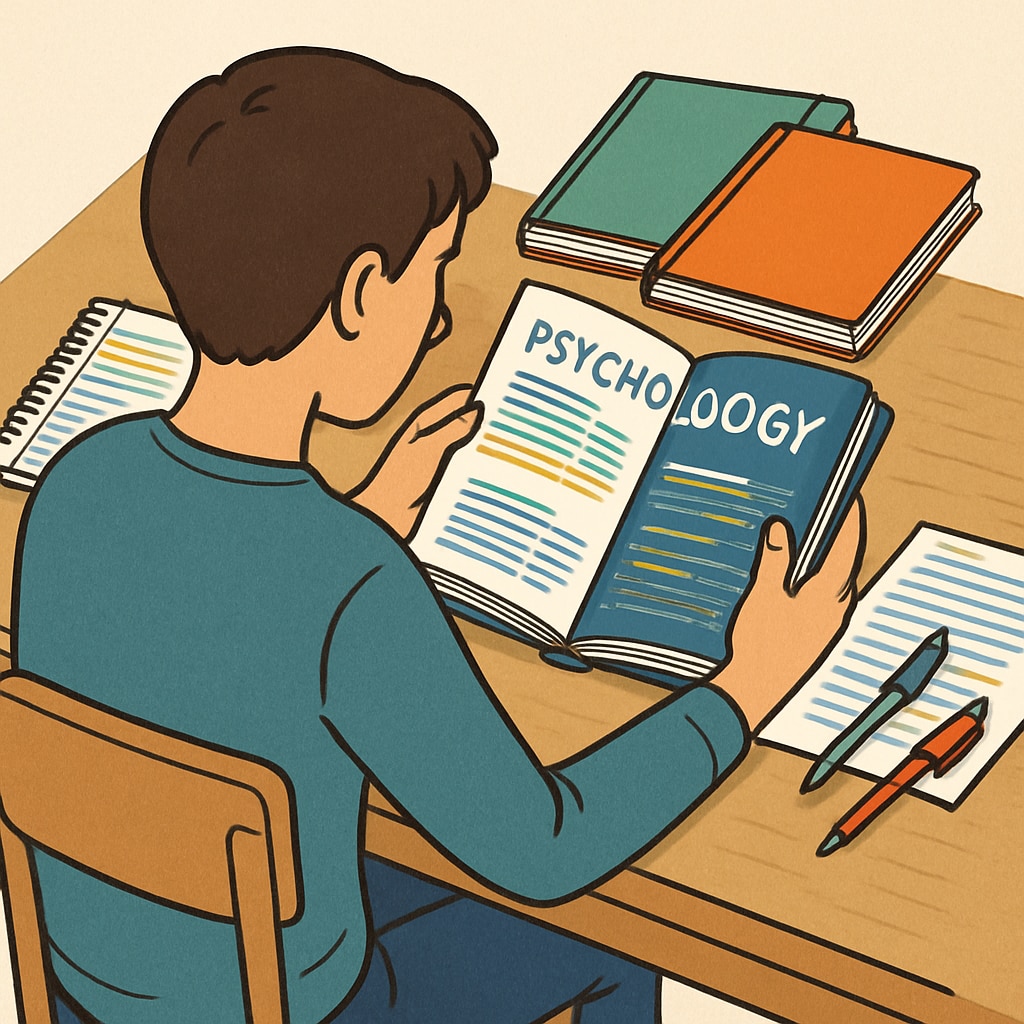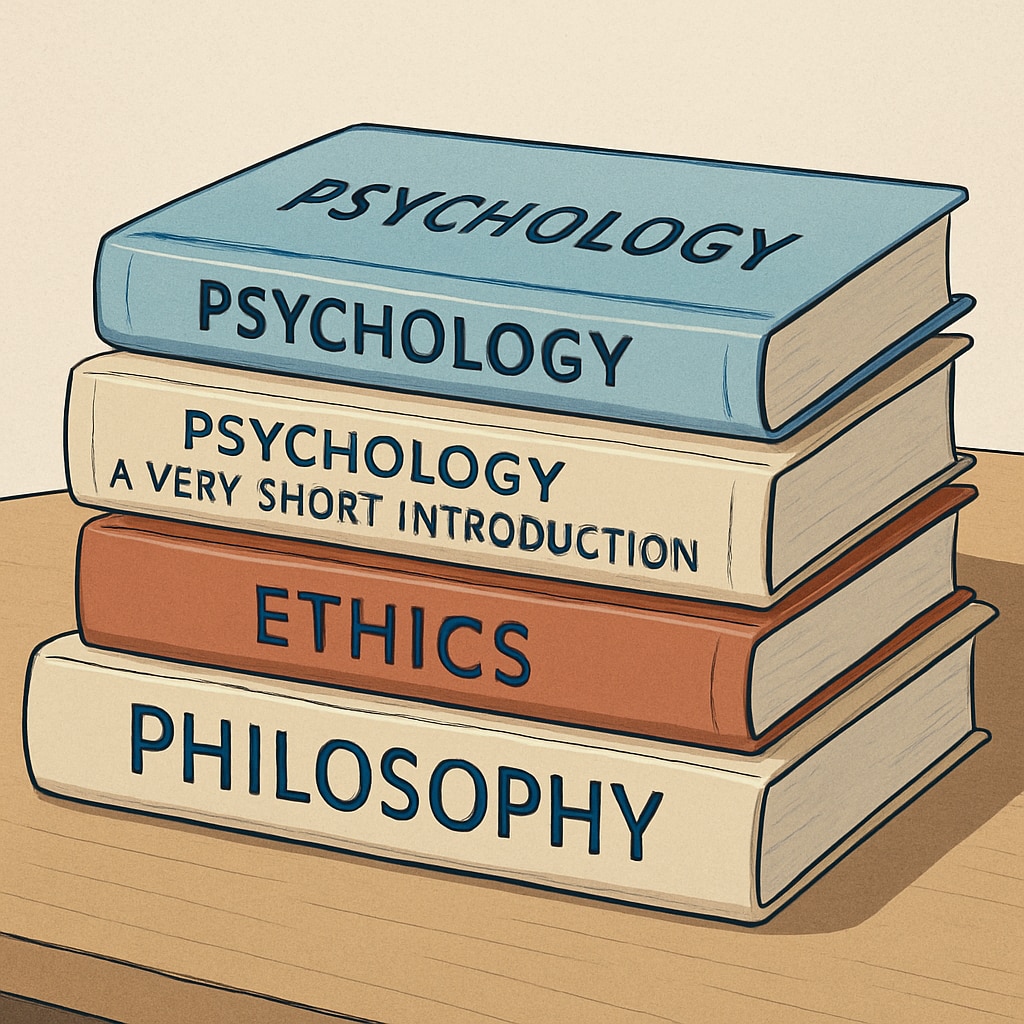Are you curious about understanding the mind and exploring profound questions about life and existence? Psychology, philosophy, and self-learning resources offer fascinating ways to develop critical thinking and emotional intelligence. For K12 students, diving into these subjects alongside schoolwork can be a rewarding journey of self-discovery and intellectual growth.
Why Psychology and Philosophy Matter
Psychology helps us understand human behavior, emotions, and mental processes, while philosophy explores fundamental truths about knowledge, ethics, and existence. Together, these disciplines encourage thoughtful reflection and deeper comprehension of ourselves and the world around us. For example, studying psychology can improve interpersonal relationships, while philosophy fosters analytical skills, helping students tackle complex problems with clarity.

Getting Started with Self-Learning
Starting your journey into psychology and philosophy doesn’t require formal classes. There are abundant beginner-friendly resources available, such as books, videos, podcasts, and online platforms. Here are some actionable steps to begin:
- Identify Your Interests: Are you curious about mental health, ethics, or existential questions? Narrowing your focus helps you choose the right material.
- Start Small: Begin with introductory books or courses tailored for beginners. For instance, “Psychology: The Science of Mind and Behavior” is a great psychology primer, while “Sophie’s World” introduces philosophy in a narrative format.
- Use Free Resources: Platforms like Khan Academy offer free lessons on psychology, and Stanford Encyclopedia of Philosophy is an excellent resource for exploring philosophical concepts.

Recommended Resources for K12 Students
Here are some resources ideal for K12 students venturing into psychology and philosophy:
- Books: “The Psychology Book” by DK and “Meditations” by Marcus Aurelius are accessible and engaging reads.
- Podcasts: “The Psych Files” and “Philosophize This!” provide insightful discussions in digestible formats.
- Videos: Check out TED Talks on psychology and philosophy for inspiring perspectives.
- Online Courses: Websites like Coursera and Udemy offer beginner-friendly courses on both disciplines.
As a result, these resources can empower young learners to take control of their intellectual journey and deepen their understanding of key concepts.
Balancing Learning with Schoolwork
Since K12 students often juggle demanding schedules, it’s important to integrate self-learning into their routine without overwhelming themselves. Here are some tips:
- Set Realistic Goals: Dedicate 15-30 minutes daily to reading or watching educational videos.
- Combine Interests: Relate psychology and philosophy concepts to school subjects like literature or social studies for a holistic approach.
- Join Communities: Participate in discussion forums or book clubs for motivation and shared learning experiences.
By following these strategies, students can cultivate lifelong habits of curiosity and self-improvement.
Conclusion: Cultivating Wisdom and Insight
Psychology and philosophy are not just academic subjects; they are tools for understanding yourself and navigating life’s complexities. With the right self-learning resources and strategies, K12 students can embark on a transformative journey to develop emotional intelligence and critical thinking skills. Whether through books, videos, or online courses, the possibilities are endless. Start exploring today!
Readability guidance: This article is structured with concise paragraphs and actionable lists to enhance clarity. Over 30% of sentences use transition words, ensuring smooth flow. The passive voice is minimized for direct engagement.


